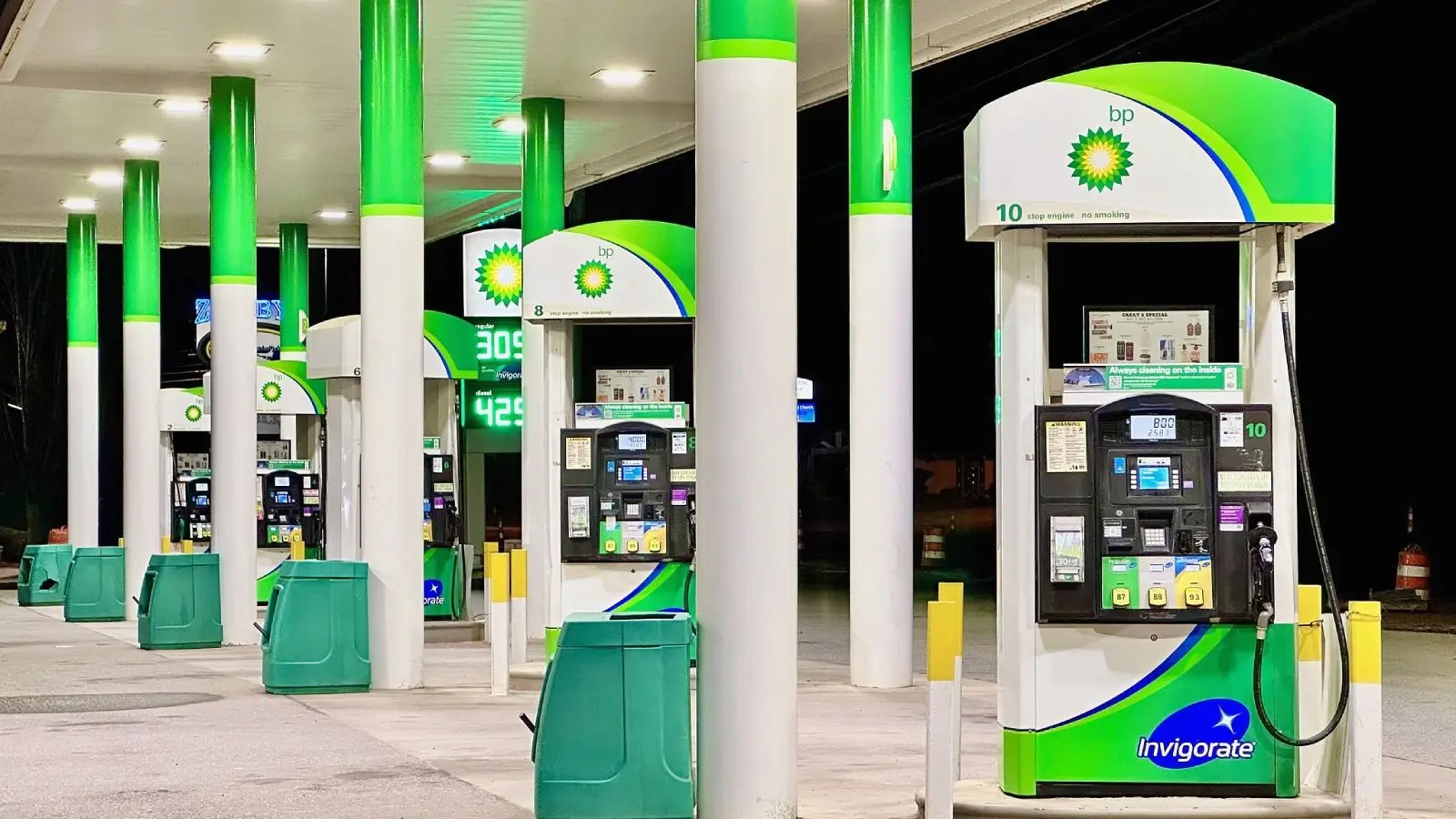The Octane Rating Myth: Does Higher Always Mean Better?

Does premium fuel improve performance? Discover the truth about octane ratings, engine efficiency, and whether high-octane gasoline is worth the extra cost.
Every driver has heard the claim: “The higher the octane rating, the better the fuel.” Many motorists willingly pay extra for premium gasoline, believing it enhances engine performance and prolongs lifespan. But is there any truth to this? Let’s dive into the facts.
What Is an Octane Rating and Why Does It Matter?
The octane rating measures fuel’s resistance to premature ignition or “knocking.” The higher the number, the less likely the fuel is to ignite too early under compression. This is crucial for high-performance engines, which operate at higher temperatures and pressures.
Simply put, high-octane fuel isn’t inherently “better”—it’s just formulated for specific engine types. If your car is designed for regular gasoline, switching to premium won’t provide any real benefits.
Does High-Octane Fuel Boost Performance?
Technically, yes—but only for certain vehicles. Premium fuel can unlock performance in engines designed for it. However, if your car doesn’t require 91, 95, or higher octane fuel, you won’t notice any difference in acceleration or efficiency. In fact, modern engine management systems may adjust to the fuel and provide no real improvement at all.
Manufacturers specify the recommended octane rating for a reason: it’s the most efficient choice for that engine. Using a higher octane fuel than necessary is simply a waste of money.
What Happens If You Use the Wrong Octane Rating?
Using a lower octane fuel than required can lead to engine knock, reducing efficiency and potentially causing damage over time.
But what about using higher octane fuel than necessary? There’s no harm, but also no real advantage. The only exception is in some advanced engines with adaptive ignition timing systems, which may extract slight efficiency gains from premium fuel. However, such cases are rare.
The Economics: Is It Worth the Extra Cost?
Premium fuel costs more. If your car is designed for 87 octane and you opt for 91 or 95, you won’t see tangible savings in fuel consumption. In the long run, you’re simply paying more for fuel your engine doesn’t need.
The myth that “higher octane means better fuel” doesn’t hold up to scrutiny. The best choice is always the octane rating recommended by your car’s manufacturer. If your engine doesn’t require premium gasoline, using it won’t increase power or efficiency. But one thing is guaranteed: your wallet will feel the difference.
Ethan Rowden
2025, Mar 02 15:34


